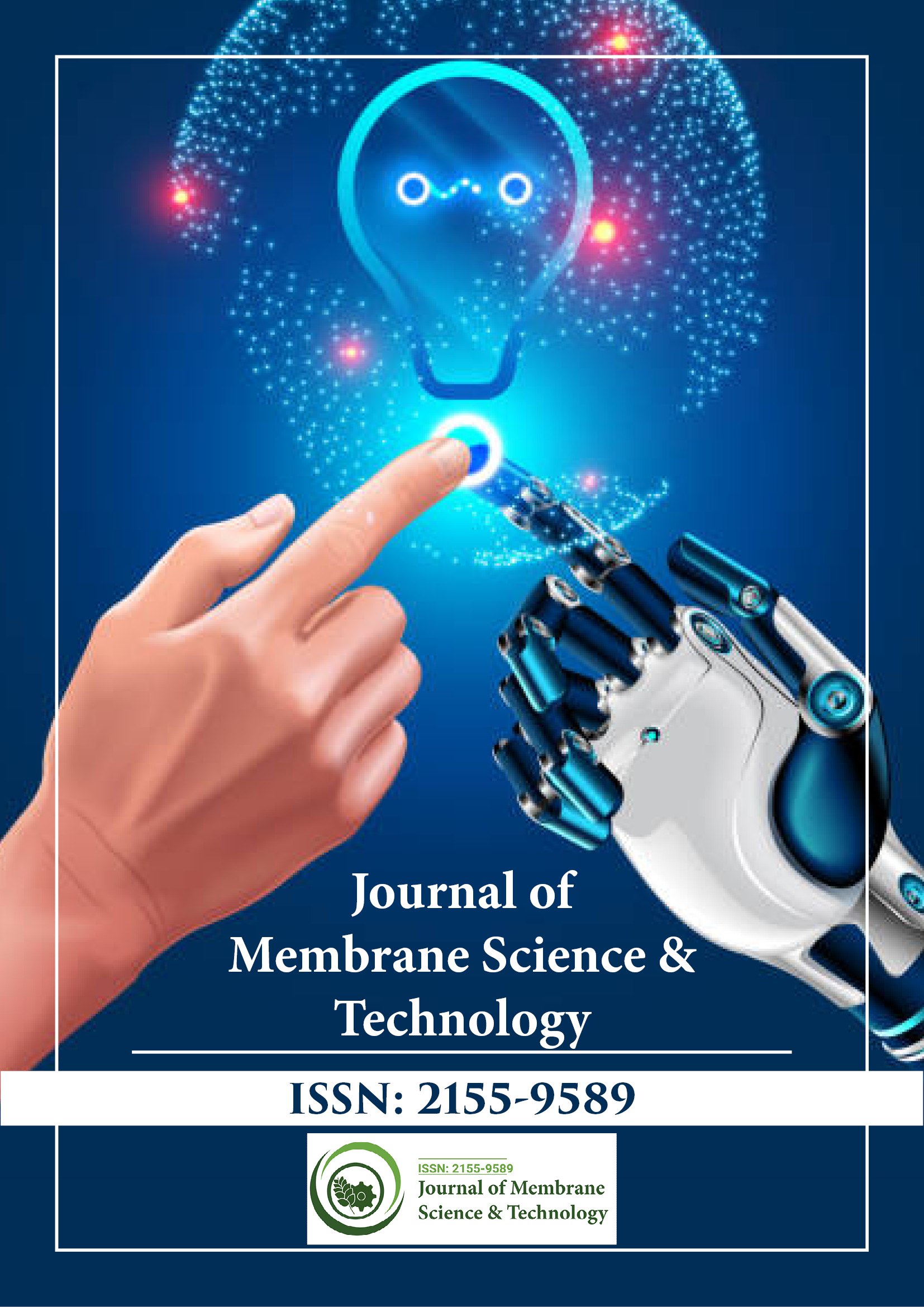Indiziert in
- Öffnen Sie das J-Tor
- Genamics JournalSeek
- Ulrichs Zeitschriftenverzeichnis
- RefSeek
- Verzeichnis der Indexierung von Forschungszeitschriften (DRJI)
- Hamdard-Universität
- EBSCO AZ
- OCLC – WorldCat
- Proquest-Vorladungen
- Gelehrtersteer
- Publons
- Genfer Stiftung für medizinische Ausbildung und Forschung
- Euro-Pub
- Google Scholar
Nützliche Links
Teile diese Seite
Zeitschriftenflyer

Open-Access-Zeitschriften
- Allgemeine Wissenschaft
- Biochemie
- Bioinformatik und Systembiologie
- Chemie
- Genetik und Molekularbiologie
- Immunologie und Mikrobiologie
- Klinische Wissenschaften
- Krankenpflege und Gesundheitsfürsorge
- Landwirtschaft und Aquakultur
- Lebensmittel & Ernährung
- Maschinenbau
- Materialwissenschaften
- Medizinische Wissenschaften
- Neurowissenschaften und Psychologie
- Pharmazeutische Wissenschaften
- Umweltwissenschaften
- Veterinärwissenschaften
- Wirtschaft & Management
Abstrakt
Anwendung der Elektrodialyse in der Abwasserbehandlung und Einfluss von Fouling auf die Prozessleistung
Mohsan Akhter, Ghulam Habib und Sana Ullah Qamar
Elektrodialyse (ED) ist ein neues, modernes Trennverfahren, das häufig zur Herstellung von Trinkwasser aus Gewässern sowie zur Behandlung von Industrieabwässern eingesetzt wird. Das ED-Verfahren wird im kommerziellen Maßstab angewendet. Im Wesentlichen besteht ein ED-Verfahren aus einer Ionenaustauschmembran und die für die Anwendbarkeit des Verfahrens erforderliche Tauchkraft ist elektrisches Potential. Aufgrund des Vorhandenseins von elektrischem Potential werden Ionen aus einer Lösung nach dem Passieren einer ionenselektiven Membranbarriere in eine andere Lösung übertragen. Die Hauptfaktoren, von denen die Leistung des ED-Verfahrens abhängt, sind die Ionenkonzentration im Rohwasser, die Durchflussrate, die Konzentration des Zulaufs, die Stromdichte, die Membraneigenschaften und die Geometrie der Zellkompartimente. Verschmutzungen, die durch Schmutzstoffe wie organische Stoffe, Kolloide und Biomasse auf der inneren Membranstruktur oder auf der äußeren Oberfläche verursacht werden, führen zu einer Verringerung der Trennleistung des Verfahrens und zu einem höheren Energieverbrauch. Verschmutzungen erhöhen den Membranwiderstand und die Selektivität der Membran wird durch Verschmutzungen verringert. Daher werden einige Methoden zur Verringerung der Verschmutzung im ED-System vorgeschlagen, wie z. B. die Vorbehandlung der Zulauflösung, die Kontrolle des Zetapotentials, die Änderung der Membraneigenschaften und die Optimierung der Durchflussrate. Es ist dringend erforderlich, eine Methode zur Reduzierung vorzuschlagen, die weniger Energie verbraucht und somit die Betriebs- und Investitionskosten minimiert. Das System der Umkehrelektrodialyse (EDR) kann als beste Option angesehen werden, da keine zusätzlichen Chemikalien erforderlich sind und die Lebensdauer der Membran dadurch verlängert wird. Bei der EDR wird der Verschmutzungsprozess durch die Umkehrung des elektrischen Potenzials (angelegtes elektrisches Feld) unterbrochen. In diesem Dokument wird der ED-Prozess kurz erläutert und ein Überblick über die Literaturübersicht zu verschiedenen Arten von Verschmutzungsmechanismen gegeben. Außerdem werden verschiedene Reinigungsmethoden zur Verbesserung der Effizienz des ED-Prozesses kurz beschrieben.